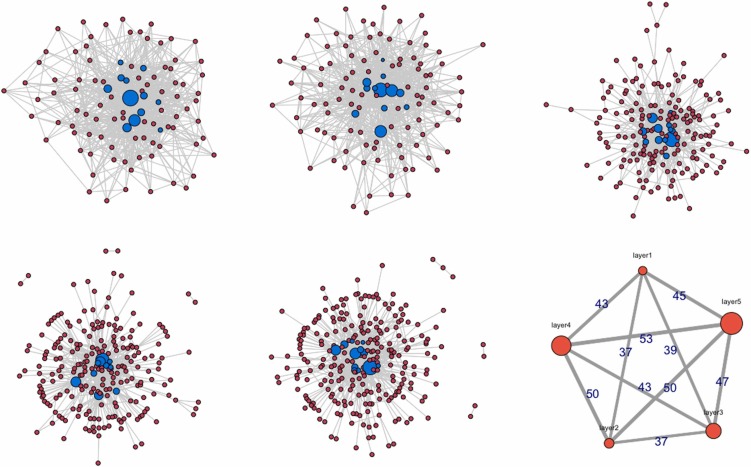Functional differentiation in governance networks for sea level rise adaptation in the San Francisco Bay Area.
2022, Social Networks
Abstract
Climate change governance networks help actors overcome collective action problems by building social capital. The literature studies these networks as embodying a single underlying social problem: coordination or cooperation. This approach overlooks actor heterogeneity and cannot account for the empirical coexistence of different types of social capital. We contend that climate change governance networks consist of functionally differentiated communities of actors who build bonding or bridging social capital depending on their characteristics and goals. We test these claims with an Affiliation Graph Model (AGM) in the empirical case of adaptation to sea level rise in the San Francisco Bay Area, using original data collected in 2018. We distinguish three social processes: ‘leadership/brokerage’, ‘translation’, and ‘following’. Further research on different combinations of social capital across different networks is warranted.
Key figure from the paper

Citation
@article{Vantaggiato_Lubell_SocNet2021,
author = {Francesca Pia Vantaggiato and Mark Lubell},
date-modified = {2022-09-30 11:40:23 +0100},
journal = {Social Networks},
title = {Functional differentiation in governance networks for sea level rise adaptation in the San Francisco Bay Area.},
volume = {75},
pages = {16-28},
year = {2023},
doi = {https://doi.org/10.1016/j.socnet.2022.02.010}
URL = {https://www.sciencedirect.com/science/article/pii/S0378873322000326}}